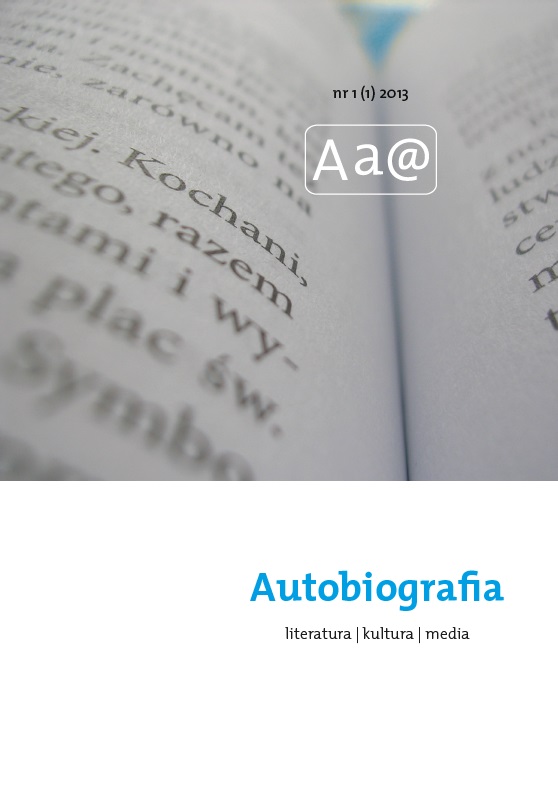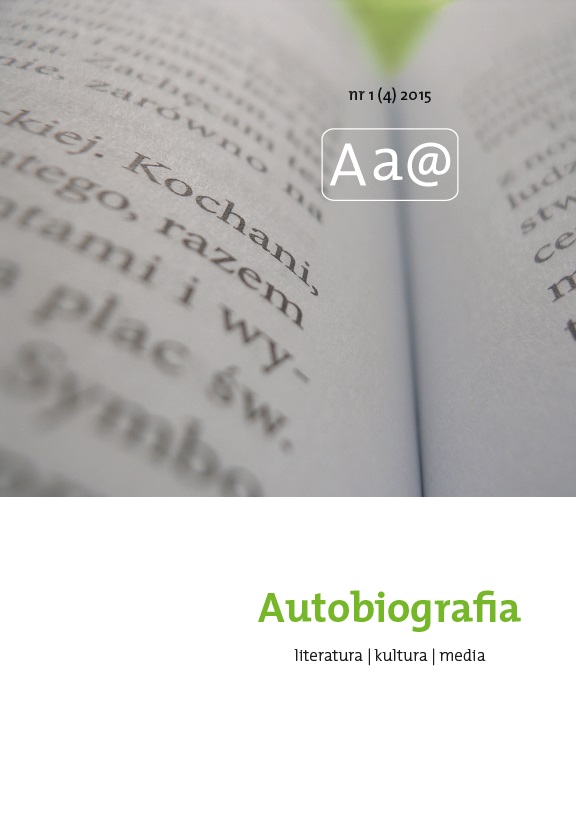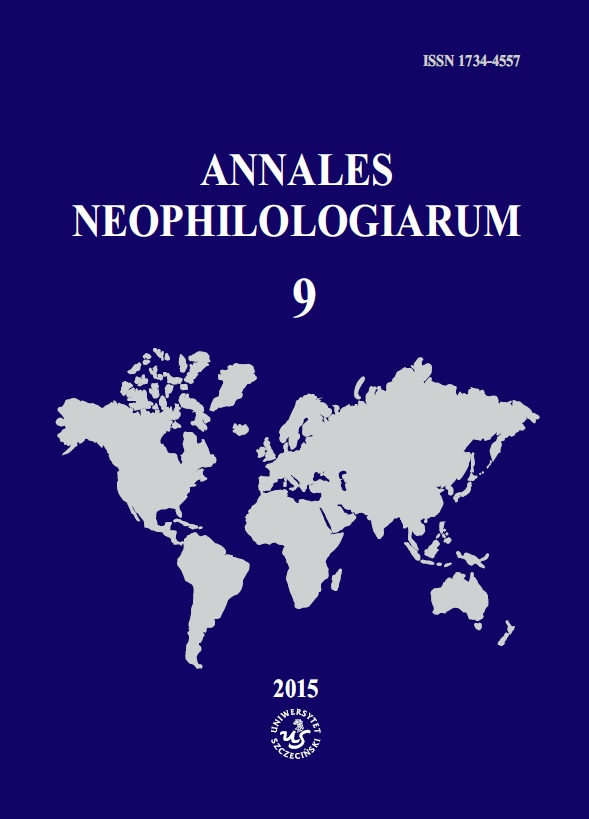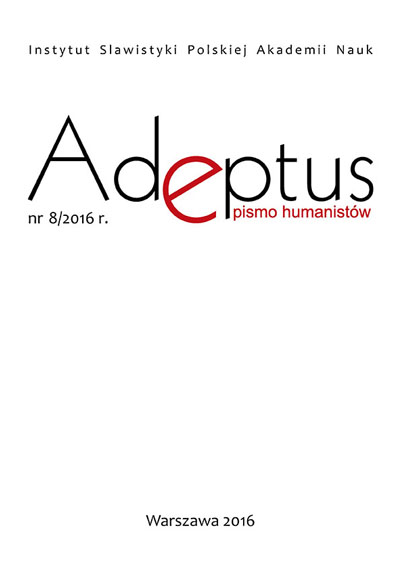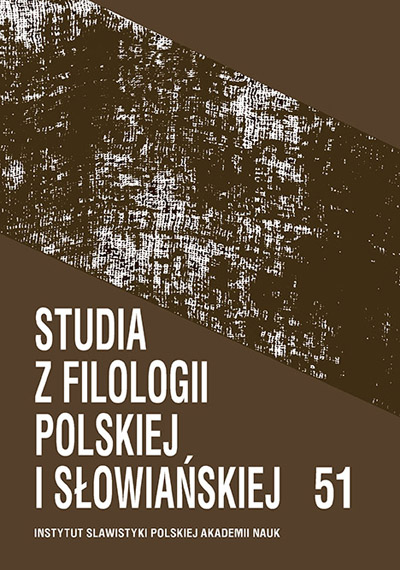MORFOLOJİK YOLLA YAPILAN EKONOMİ TERİMLERİ(AZERBAYCAN VE İNGILIZ DILLERI ÖRNEĞINDE)
The publication touches morphological process of social and economic terms which are used in the community while connecting with transition to market economy. The article gives analysis the types of economic terms which are formed by morphological ways.
More...
